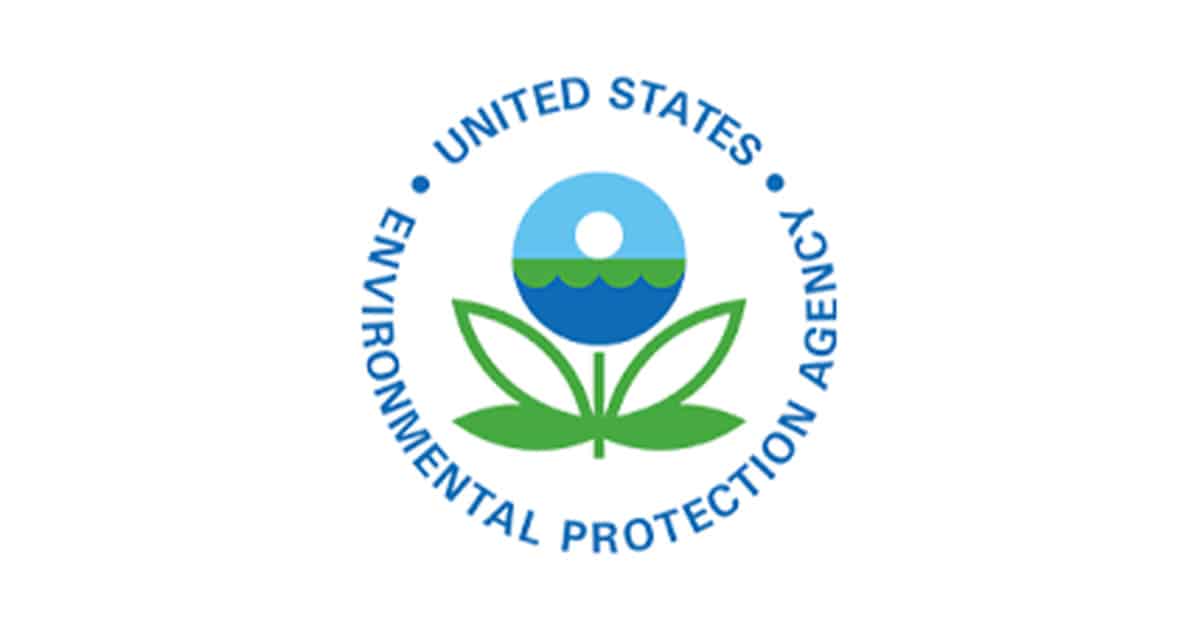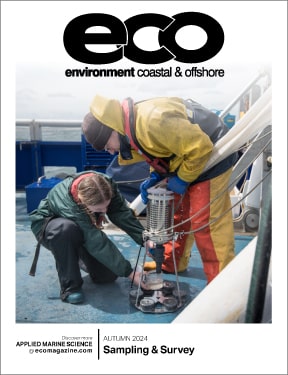Research Project:
World-wide, coral reefs have declined dramatically in the last 40 years. Coral reefs are experiencing various environmental threats, including sedimentation. In an effort to reduce dredged sediment from entering reef habitats, this research project will examine, in a laboratory setting, the effects of the flocculant, chitosan on scleractinian aquatic fauna, including scleractinian coral. The applicant may collaborate with other EPA partners for better dredging mitigation in Puerto Rico with potential implications to aid in better coral management for coral reefs globally.
Under the guidance of the mentor, the research participant may be involved in any or all of the following training activities:
- Compiling literature on chitosan as well as effects of sediment on coral and other aquatic fauna
- Exploring and comparing laboratory methodologies
- Receiving training in coral husbandry for research use
- Conducting laboratory experiments on scleractinian coral and other aquatic fauna
- Collecting and analyzing research data
- Performing quality assurance checks
Learning Objectives:
The research participant may give oral presentations and have the opportunity to give a technical presentation at a scientific conference. The research projects activities may contribute to a manuscript, to be submitted to a peer-reviewed journal.
ORISE Information:
This program, administered by ORAU through its contract with the US Department of Energy (DOE) to manage the Oak Ridge Institute for Science and Education (ORISE), was established through an interagency agreement between DOE and EPA. Participants do not become employees of EPA, DOE or the program administrator, and there are no employment-related benefits. Proof of health insurance is required for participation in this program. Health insurance can be obtained through ORISE.
ORISE offers all ORISE EPA graduate students and Postdocs a free 5-year membership to the National Postdoctoral Association (NPA).
The successful applicant(s) will be required to comply with Environmental, Safety and Health (ES&H) requirements of the hosting facility, including but not limited to, COVID-19 requirements (e.g., facial covering, physical distancing, testing, vaccination).
Qualifications
The qualified candidate should have received a master’s degree in one of the relevant fields or be currently pursuing one of the degrees with completion before the appointment start date. Degree must have been received within five years of the appointment start date.
Preferred skills:
- Basic knowledge of the marine sciences, coral biology or coral reef ecology background is highly desirable
- Proficiency in Microsoft Office applications (i.e., Word, Excel, etc.)
Anticipated Appointment Start Date:
January 2, 2024. All start dates are flexible and vary depending on numerous factors. Click here for detailed information about start dates.
Appointment Length:
The appointment will initially be for one year and may be renewed upon EPA recommendation and subject to availability of funding.
Level of Participation: The appointment is full-time.
Participant Stipend:
The participant will receive a monthly stipend commensurate with educational level and experience. Click here for detailed information about full-time stipends. The current monthly stipend for this opportunity is $4,960-$6,000.
EPA Security Clearance: Completion of a successful background investigation by the Office of Personnel Management (OPM) is required for an applicant to be on-boarded at EPA.
Deadline: March 1, 2024

